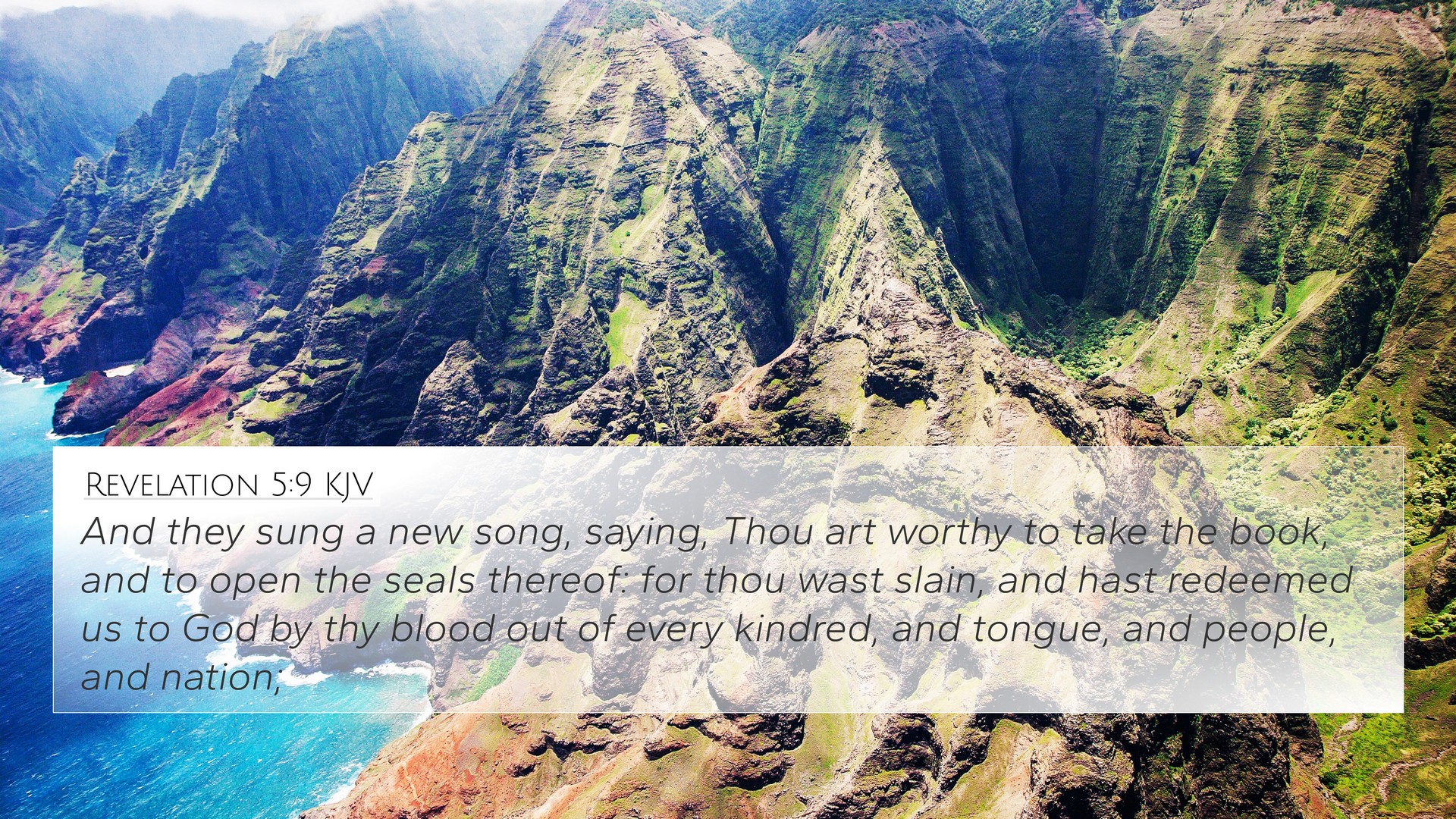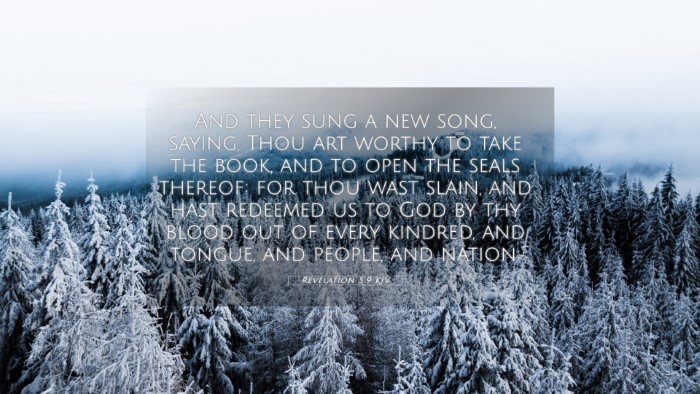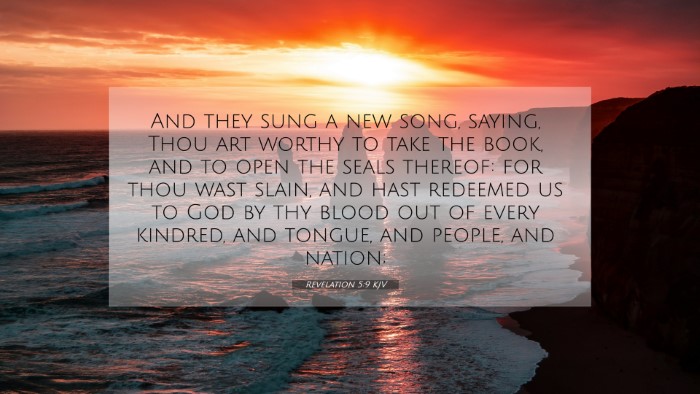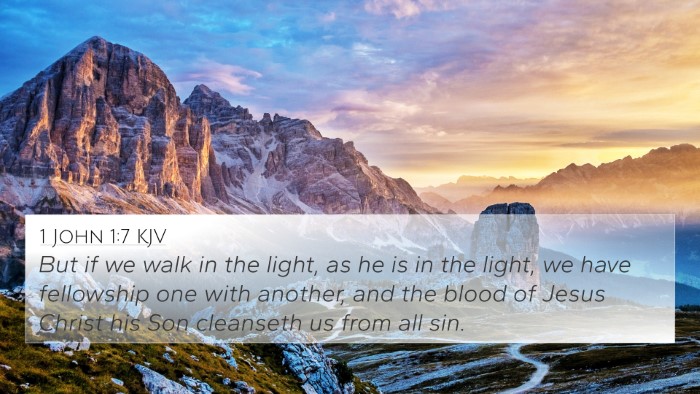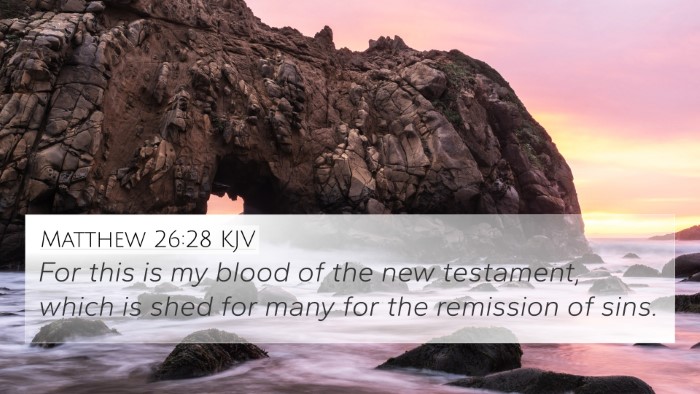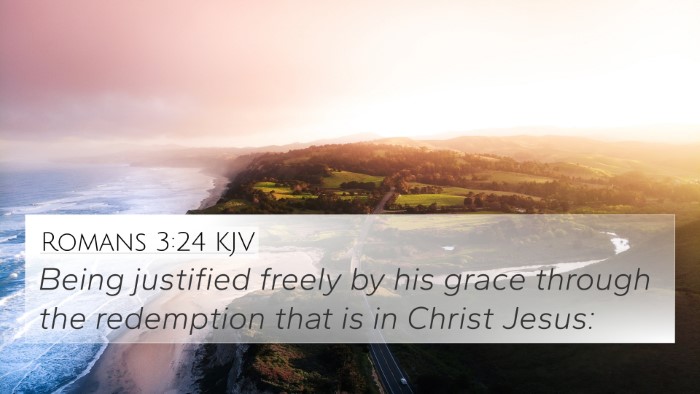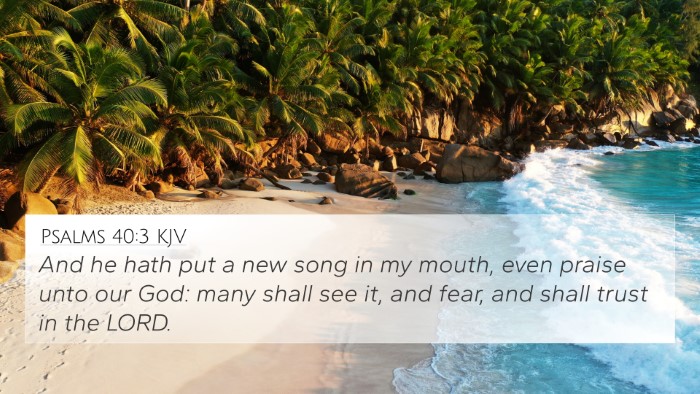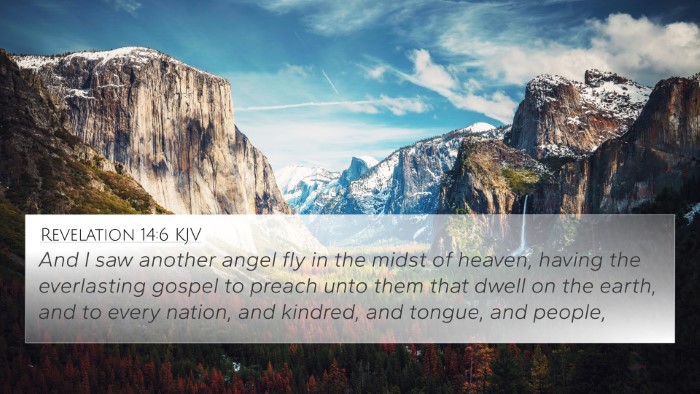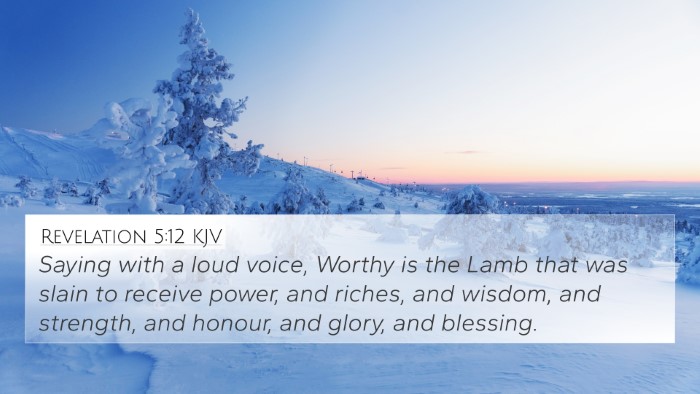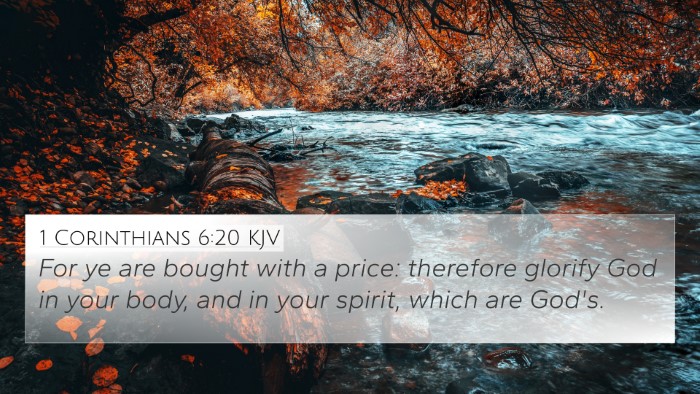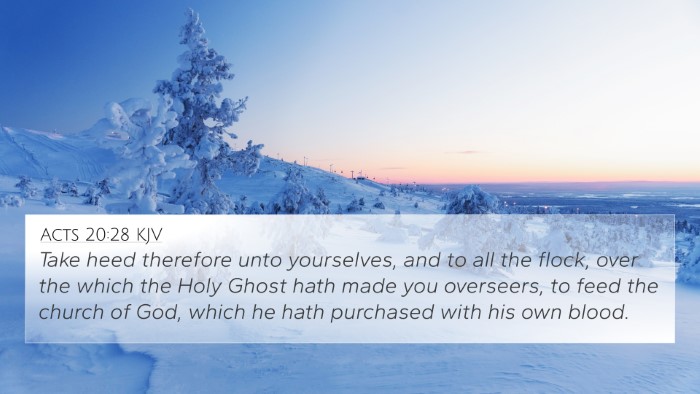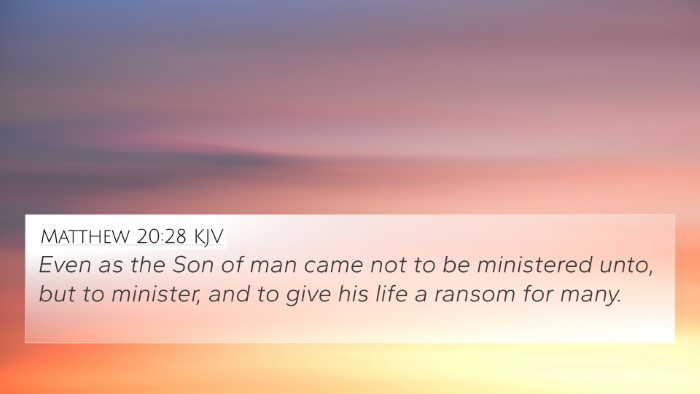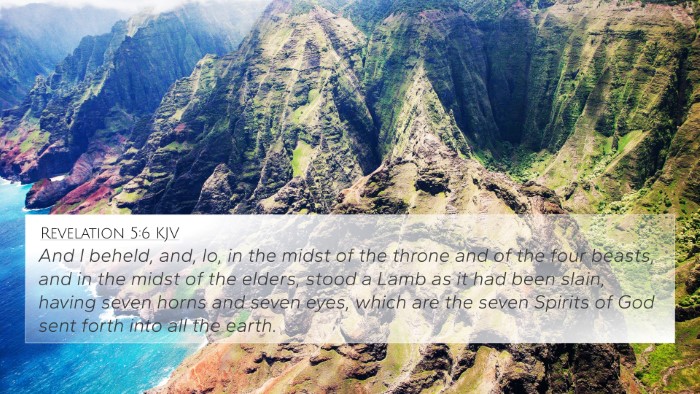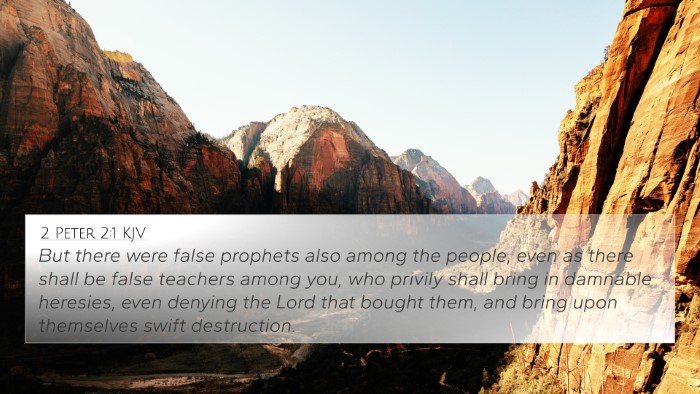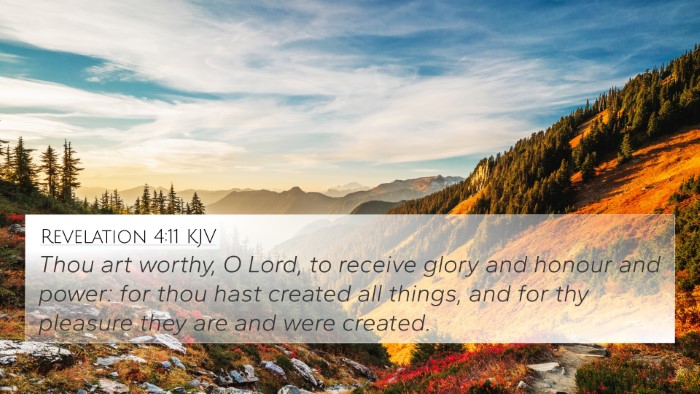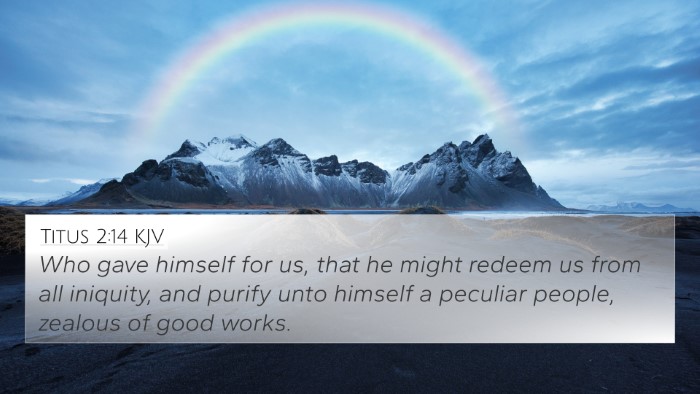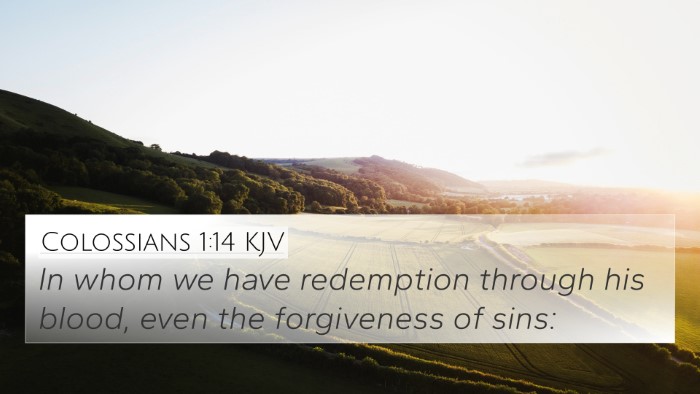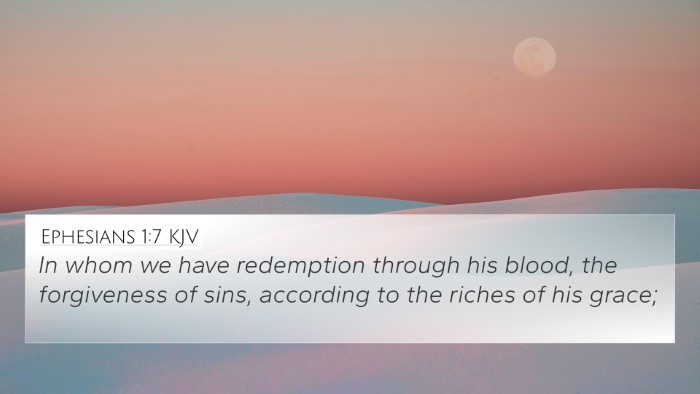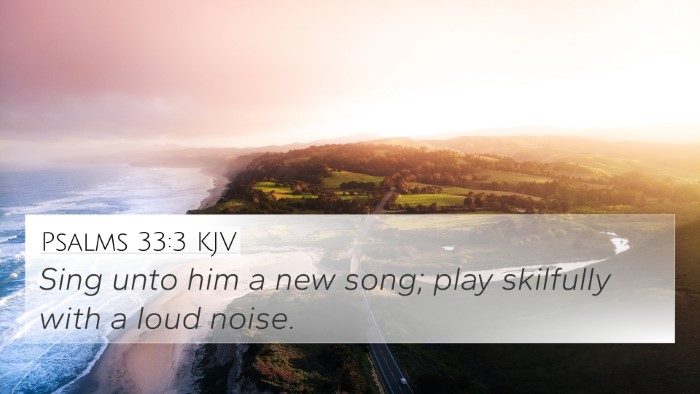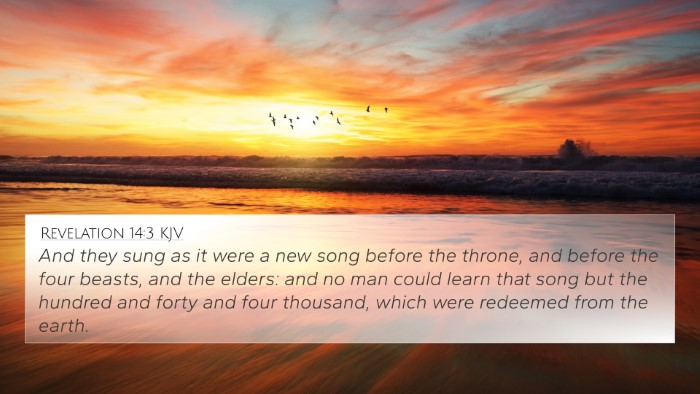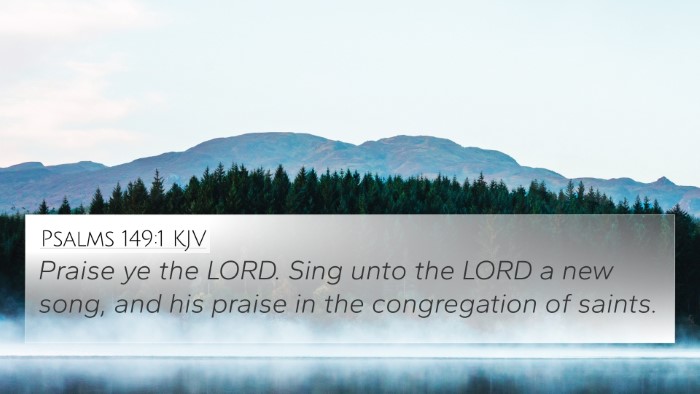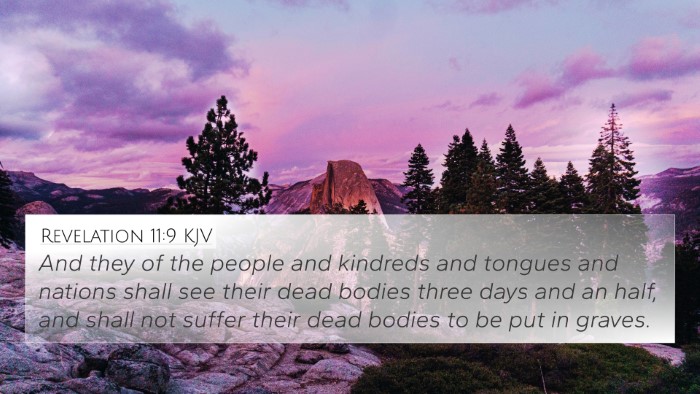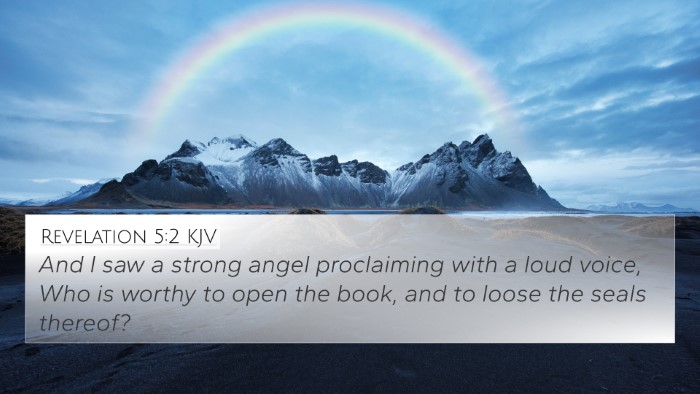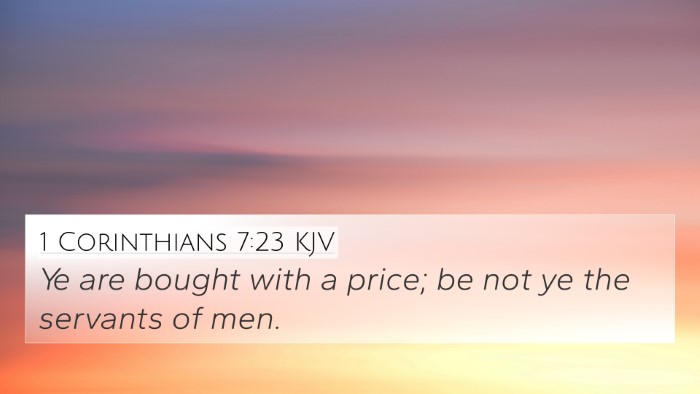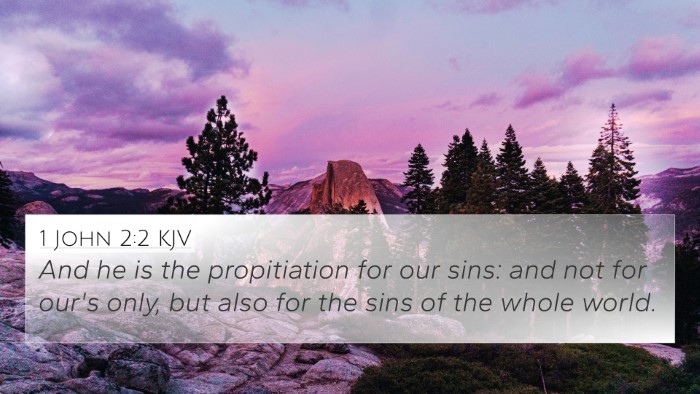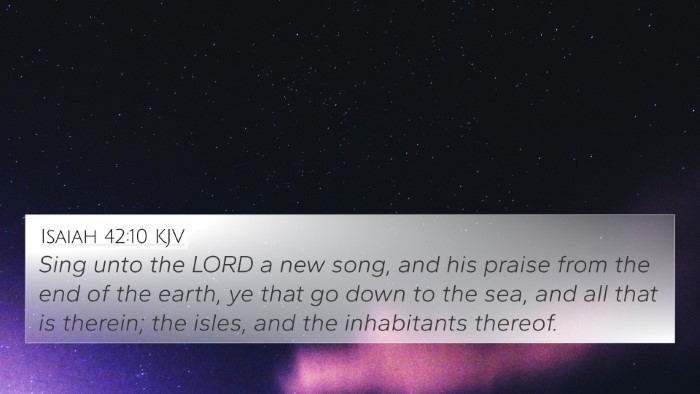Meaning and Interpretation of Revelation 5:9
Revelation 5:9 is a profound declaration found in the apocalyptic writings of the New Testament. This verse encapsulates themes of redemption, worship, and the universal impact of Christ's sacrifice. It reads:
“And they sung a new song, saying, Thou art worthy to take the book, and to open the seals thereof: for thou wast slain, and hast redeemed us to God by thy blood out of every kindred, and tongue, and people, and nation;”
Contextual Overview
To fully grasp the significance of Revelation 5:9, it's essential to understand its context within the chapter. This verse occurs in a celestial scene where the heavenly beings proclaim the worthiness of Christ, acknowledging His role as Redeemer. The surrounding verses fortify this acknowledgment with imagery of His sacrificial death and its redemptive power spanning all nations.
Theological Significance
The verse emphasizes Christ’s worthiness due to His sacrifice:
- Redemption: It highlights the concept of redemption through Christ's sacrifice, a central tenet of Christian theology, recalling Old Testament sacrificial systems.
- Universal Scope: The verse reinforces the idea that the gospel extends to all nations, cultures, and languages, reflecting God’s inclusive plan for humanity.
- Worship: The act of singing a "new song" signifies a celebration of this redemptive reality and the fulfillment of God's promises.
Commentary Insights
Now, let us delve into the insights provided by esteemed Bible commentators:
Matthew Henry's Commentary
Matthew Henry emphasizes the joy and reverence surrounding the acknowledgment of Christ’s worth. He notes that the "new song" sung by the redeemed reflects their grateful response to Christ’s victory over sin and death. Henry also highlights the unity of believers from diverse backgrounds, showcasing God's reign over all humanity.
Albert Barnes' Notes on the Bible
Albert Barnes elaborates on the significance of being "redeemed." He asserts that the blood of Christ provides the foundation for reconciliation with God. Barnes articulates that this verse reflects both the cost of redemption and its broad application, making it a cornerstone for understanding salvation history.
Adam Clarke's Commentary
Adam Clarke provides a nuanced examination of the phrase "out of every kindred, and tongue, and people, and nation." Clarke interprets this as an affirmation of God’s intended economy of salvation for all people. He underscores the inclusivity of the Church, formed from diverse ethnicities and cultures, united in their worship of Christ.
Bible Cross-References
Several scripture passages enhance the understanding of Revelation 5:9 by offering cross-references that illuminate its themes:
- 1 Peter 1:18-19: "Forasmuch as ye know that ye were not redeemed with corruptible things, as silver and gold, but with the precious blood of Christ." This verse underscores the price of redemption.
- Revelation 1:5: "And from Jesus Christ, who is the faithful witness, and the first begotten of the dead, and the prince of the kings of the earth." Connects to the worthiness of Christ highlighted in our verse.
- Romans 3:22-23: “Even the righteousness of God which is by faith of Jesus Christ unto all and upon all them that believe.” This passage speaks to the universality mentioned in Revelation 5:9.
- Acts 17:26: "And hath made of one blood all nations of men." This links to the concept of unity in diversity celebrated in the verse.
- Isaiah 53:5: “But he was wounded for our transgressions, he was bruised for our iniquities.” This Old Testament prophecy foreshadows the redemptive work fulfilled in Christ.
- Galatians 3:28: "There is neither Jew nor Greek, neither bond nor free, neither male nor female: for ye are all one in Christ Jesus." Reinforces the theme of inclusivity among believers.
- Philippians 2:10: "That at the name of Jesus every knee should bow, of things in heaven, and things in earth, and things under the earth." Relates to the ultimate acknowledgment of Christ’s authority.
Comparative Bible Verse Analysis
When performing a comparative Bible verse analysis, one can explore how Revelation 5:9 resonates with other verses concerning redemption and worship. For instance:
- Hebrews 9:12: "Neither by the blood of goats and calves, but by his own blood he entered in once into the holy place, having obtained eternal redemption for us." This clearly echoes the theme of Christ's blood enabling redemption.
- Matthew 26:28: "For this is my blood of the new testament, which is shed for many for the remission of sins." This moment at the Last Supper directly connects to the idea of redemption in Revelation 5:9.
Exploring Thematic Bible Verse Connections
Thematically, Revelation 5:9 can be interwoven with passages that discuss the nature of Christ's reign and the final destiny of the Church. These connections are pivotal for holistic theological understanding, particularly in how they relate to eschatology and soteriology.
Conclusion
Revelation 5:9 serves as a profound reminder of the worthiness of Christ and the redemptive strength of His sacrifice. As believers reflect on this verse, they are invited to participate in the ongoing narrative of redemption that spans across all of scripture, connecting past, present, and future. The cross-references and insights from commentaries help to deepen the understanding of this powerful verse, making it an essential part of scriptural study and personal reflection.
